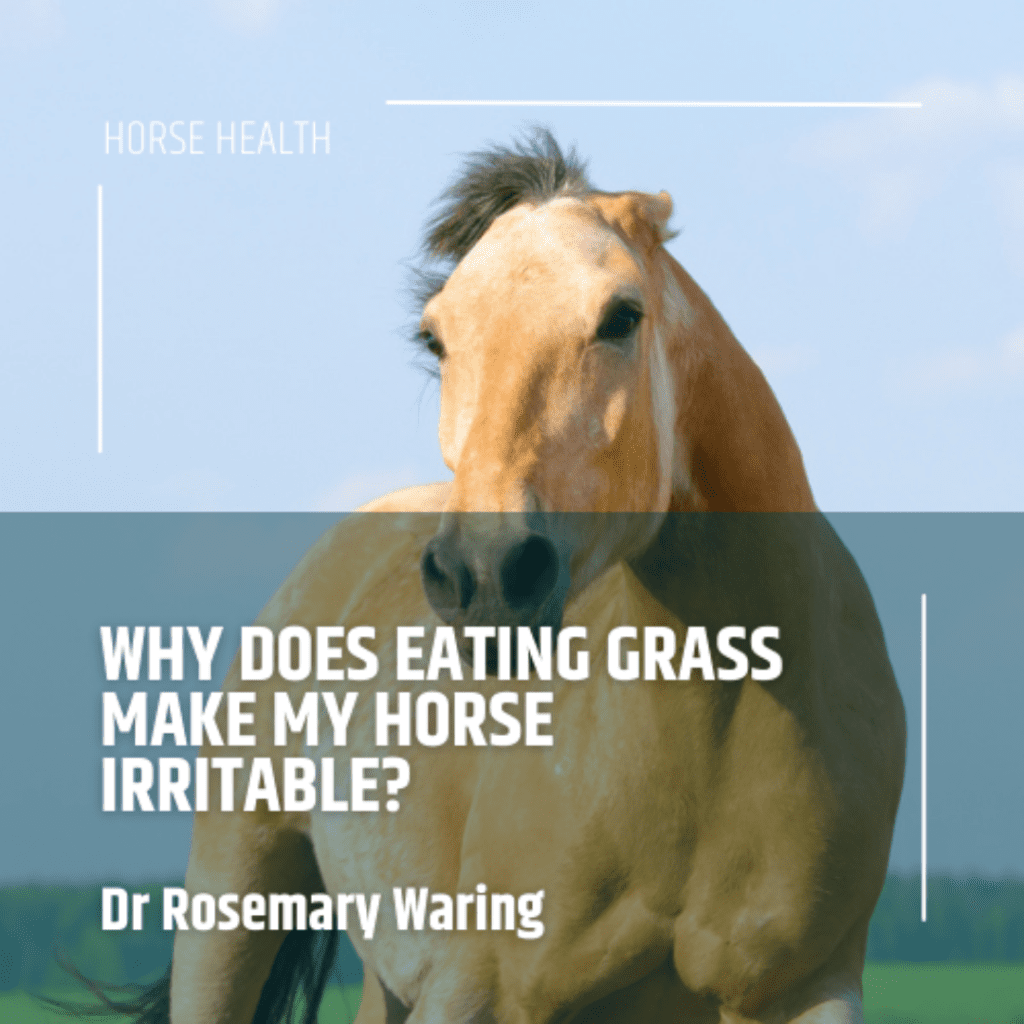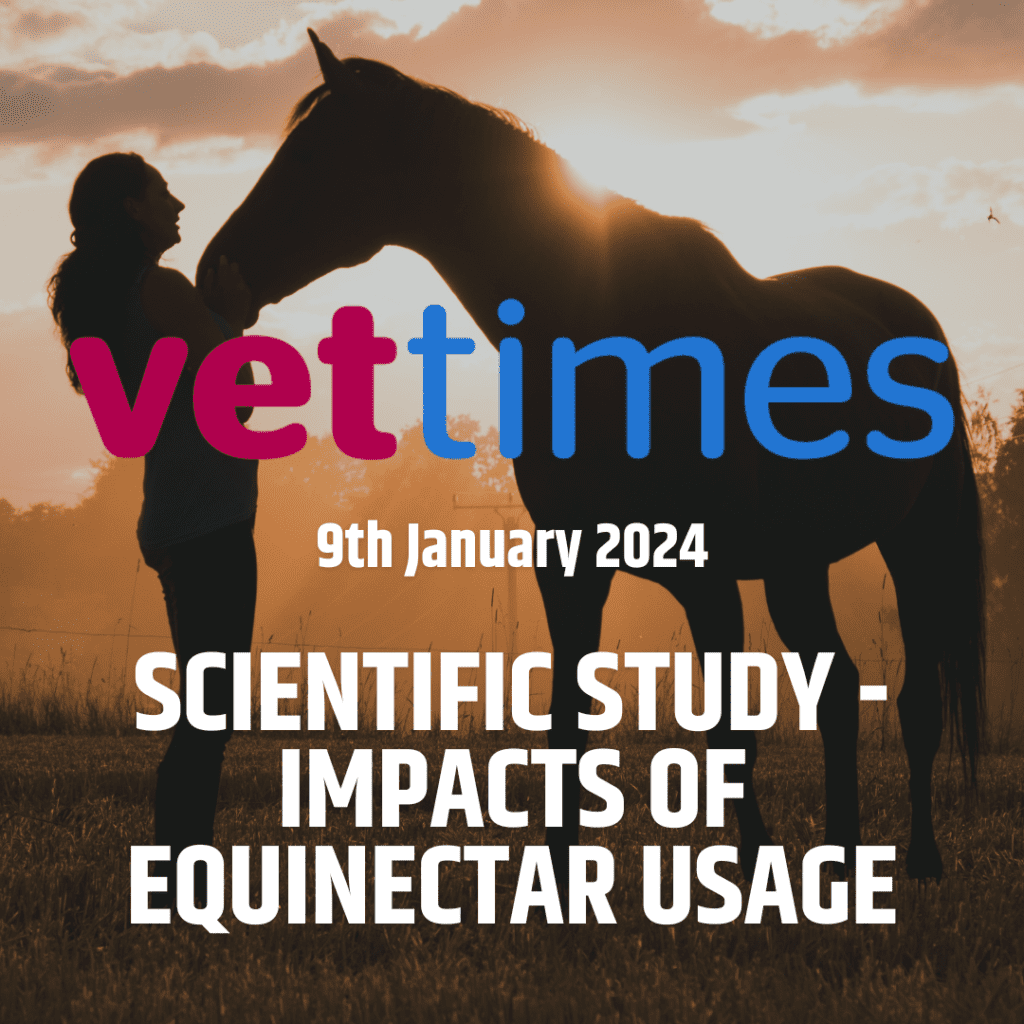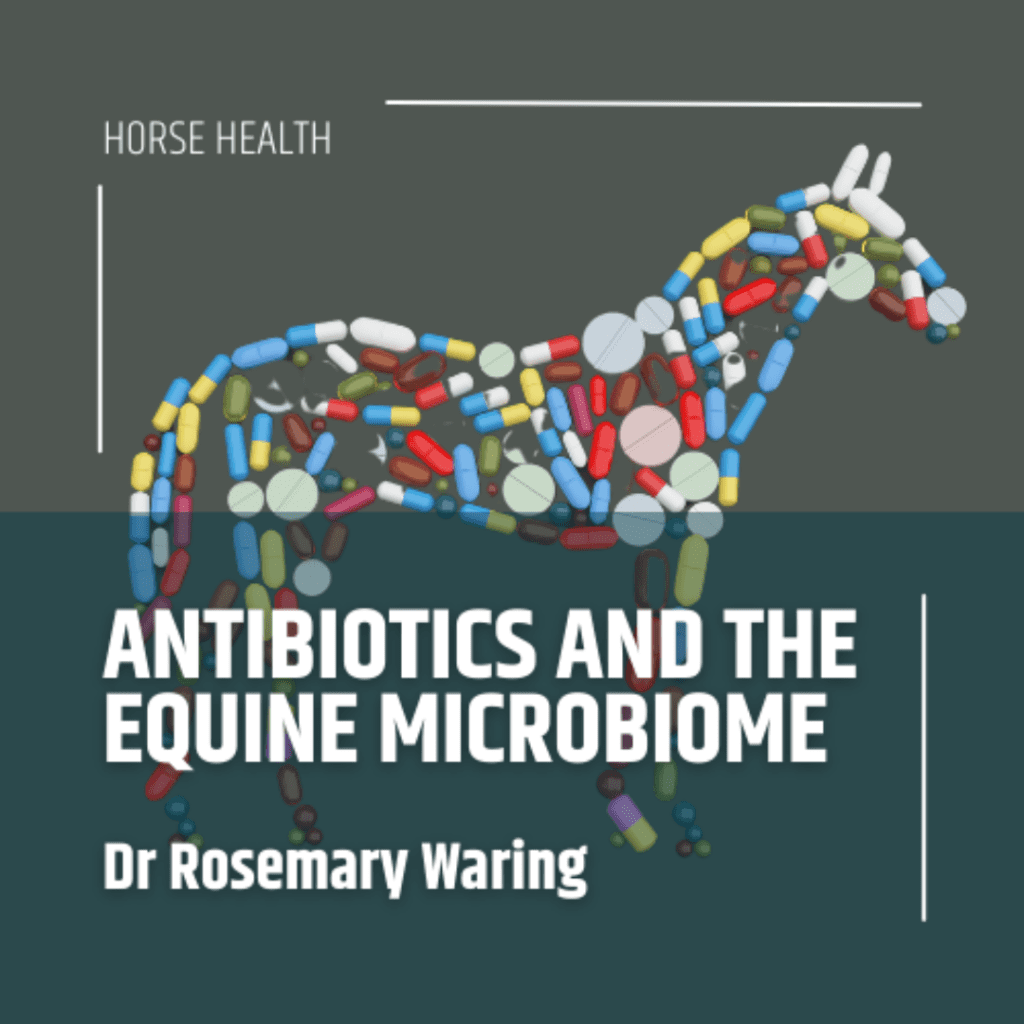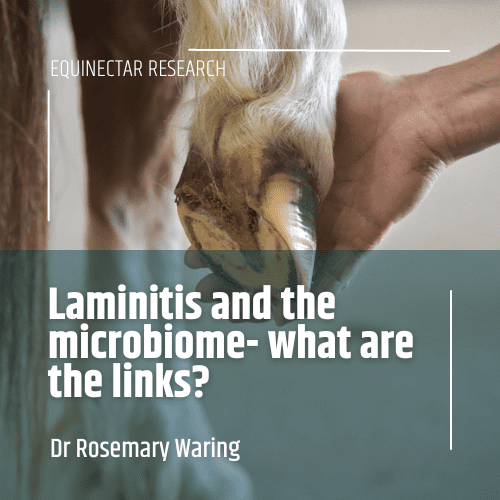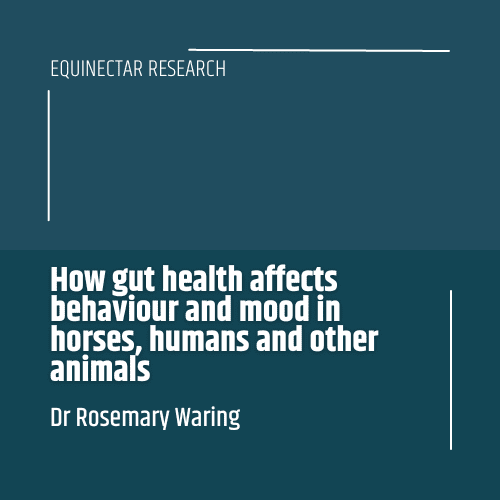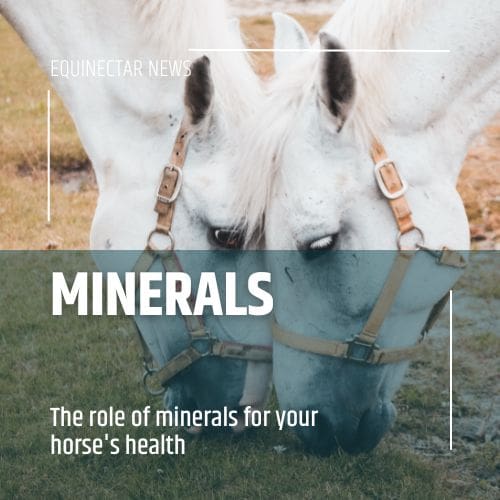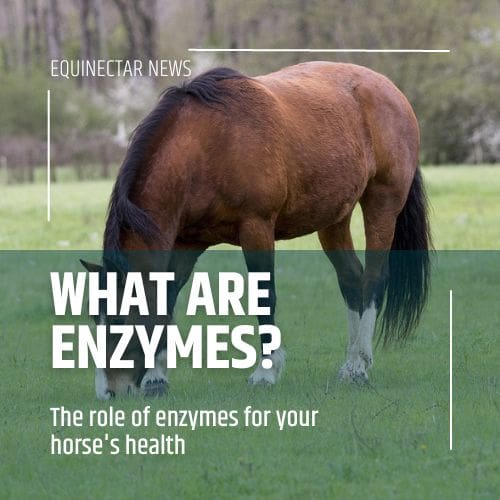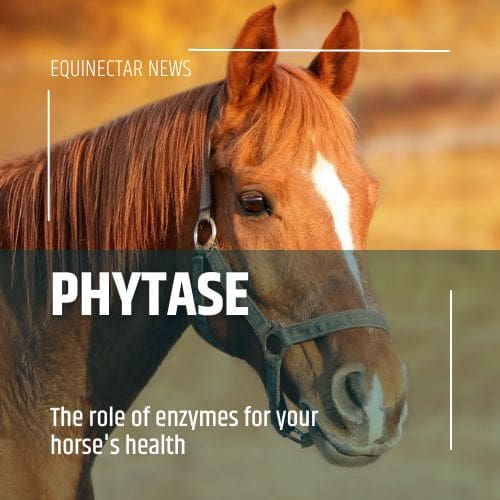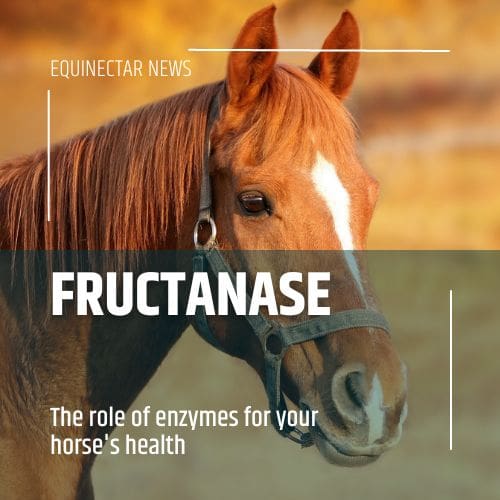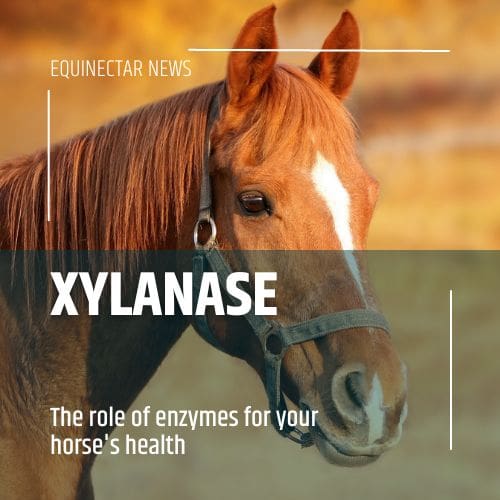Why does eating grass make my horse irritable?
My name is Dr Rosemary Waring. I have spent my career as a toxicologist. I have a particular interest in digestion and the chemicals produced by the gut microbiome – when this complex mix of bacteria, viruses and fungi goes off-balance, a variety of toxic compounds are produced and these can lead to illness or poor functioning.
Why does eating grass make my horse irritable? Read More »

